Staring down the barrel of your publishing career and have no idea what to expect? I’m here to ease your worries and give you some advise that I wish I’d known when I was a newbie.
There are hundreds of things to learn with your first book. You’re figuring out story crafting over a large scale, developing characters, worlds, and plots. You’re probably experiencing self-edits, beta readers, critique partners, and many other aspects for the first time. Not to mention everything else that goes along with a publishing journey. It’s okay that this takes a long time. Writing and navigating the publishing process is a skill like any other. If you wouldn’t expect yourself to sit down to a block of marble and carve a masterpiece the first time you try it, don’t expect yourself to do the same with a book. Respect that there is a steep learning curve and it will take time for you to adjust.
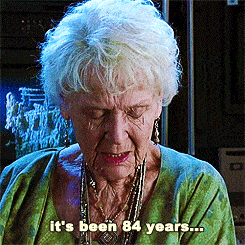
If you’re intending to do writing as a career then look at it the way you would others. You go through training, education, and have to work for a while before you finally get the hang of it and feel comfortable. Eventually, you’ll be able to do the job with your eyes closed but when you’re starting out you have to be gentle with yourself and take the time you need to establish a strong foundation.
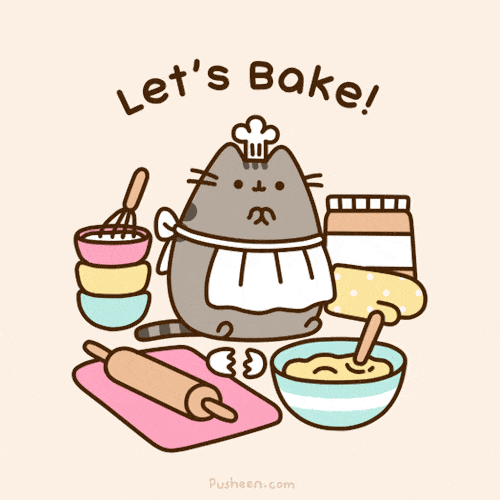
I always love the analogy that a book from start to finish is the same as a cake.
Your first draft is just your assembled ingredients.
They may not seem like they go together, you haven’t measured anything out yet or combined them in a meaningful way.
That’s okay.
You can’t move on to the next step if you don’t have your ingredients. So many newbies get hung up on trying to make a first draft perfect, but my dears, you cannot decorate a bowl of flour and serve it up as cake no matter how much you might want to.
Accept that your first draft is simply a base to build on and that there are many steps ahead of you to turn it into that gorgeously decorated cake you’d be proud to serve.
In all fairness, you probably don’t know much.
Remember that steep learning curve I mentioned? You’re going to be climbing that for tons of different aspects of the writing and publishing process.
You don’t know what you don’t know and you can’t know what you need to know unless you encounter it.
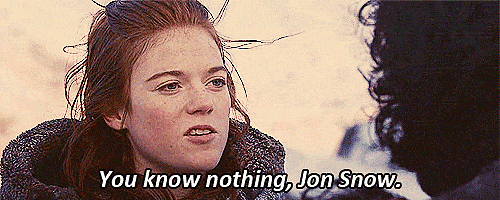
If you’ve never worked with beta readers before and implemented feedback, then why would you expect yourself to know the ins and outs of it? It’s totally normal to encounter something new and feel like you don’t know or understand because you don’t. You’ve never had to know it before and you’re beginning a learning process. It’s daunting as a newbie, but you’ll get there, and eventually you’ll feel more confident with your knowledge base.
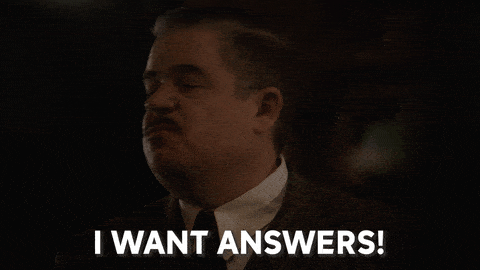
I know I just said you’ll feel more confident as you go, and you will, but there will never be a point that you know everything there is to know. The industry changes, you might change genres, have to work with new professionals, change up your processes, etc. and there will be a period of adjustment as you get caught up with all the new things.
Always be wary of anyone who says they know everything.
It might seem kind of scary to have this never reachable concept of knowing everything, but I promise that you’ll get by just fine and for what you don’t know, or don’t have the skills for, there’ll be others out there who can help.
A writing community is one of the single greatest tools any author can have. Befriending and working alongside other writers not only gives you access to people who understand what you’re going through and can help, but you can also talk about it all in general without worrying about anyone’s eyes glazing over because they just don’t care. You’ll open yourself up to people in all stages of their writing journey which means you have a wealth of knowledge you can tap.
Have a question about working with ARC reviewers? Someone in your community might have the answer. Need beta readers or a critique partner? Your community might be able to do that. Need recommendations on editors or artists? Your community can probably help with that too. Obviously if you’re in a community of all newbies that wealth of knowledge might be a little more limited, but chances are you’re all studiously researching various things and can at the very least provide resources.

At every stage, good and bad, from the high of holding your proof copies to the utter panic of sharing your work for the first time, your community can be there to share in those joys and calm those worries. This career is not an easy one and it’s wonderful to have knowledgeable and understanding cheerleaders in your corner.

Sharing your work can be terrifying.
The more you do it the easier it will become, but that’s not to say that edge of panic will ever entirely go away. You’re handing over a piece of your soul to people and asking if it resonates with them. Still, no matter how scared you are of sharing your work, you have to anyway.
Sharing is how we get feedback, how we learn the strengths and weaknesses of our craft, and how to make the story better. Your story needs others to become what it’s meant to be and while it might be tempting to skip betas and editors and just whip it out into the world, you’re only doing yourself and your work a disservice.
Feedback at the start might be more critical because the story is in a raw state, and that can be discouraging, but it’ll get better.
Look back to that cake analogy. When betas get your book, your story cake might have been pulled from the oven too early. Maybe the middle is saggy and the edges are burnt. You need to know those things so you can make changes. You’ll tidy up your recipe and with the next round of betas the story cake will be more evenly baked, but it still needs to be assembled and decorated. Every phase is helping you do that and it’s not a personal failing to receive critical feedback on your story. It’s just a requirement to make improvements.
Like I’ve said, there is a lot to learn and understand in this process. Take notes.
Keep track of beta readers that were helpful and you’d like to work with again. Take note if someone in your community had a professional issue with someone they worked with so that you can avoid booking them. Bookmark artists and designers that you think embody the style you want for your eventual cover. Note which ARC reviewers respond positively to your pitches and your work. All of these things will smooth the process when you hit the later stages or move onto your next books. You won’t remember everything, so be sure to write it down somewhere.

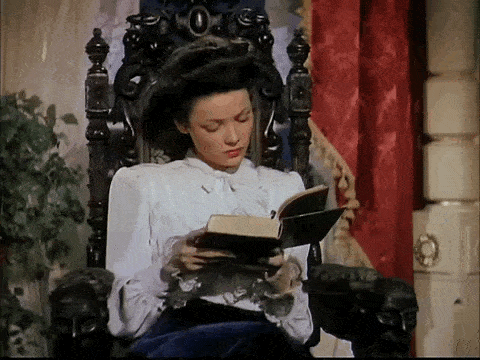
Are you petrified of writing a sex scene because your mom might read it? Chances are she probably won’t. Writing about some topics that grandma would side-eye you for? She’s probably not going to read it either.
I’ve discovered talking to a lot of writers that those who have family interested in reading their work are in the minority. It’s not that the family is entirely unsupportive sometimes, but they may not have an interest in what you’re writing or the style doesn’t suit them.
For example, one of my aunts only listens to audiobooks and since I haven’t been able to turn any of my novels into audiobooks, she’s never read them. Your family probably also doesn’t understand anything about creating books, nor are they interested in learning.
You might get the dreaded question of, so is your book finished yet? And try to explain that well yes you finished the first draft, but it’s with beta readers and there’ll be several drafts before it gets to editor and goes through x, y, and z and you’ll just see their eyes glaze over as they wait for you to stop. I like to think of this as if you asked say a cousin about their programming job and they launch into details of a project, discussing the programming languages, uses, and what the client wants. You probably wouldn’t care much either. That’s okay. It’s enough that they’re happy you’re doing something you like and they don’t need to know the intimate details.
Obviously it’ll be exciting and stressful and this whole new experience, but the odds of it drastically changing your life are very slim.
If you’re anticipating tons of money rolling in, showing up in the newspaper, everyone you know talking excitedly about this book, well, unfortunately that’s probably not going to happen. It does for some, but that number is small and for most authors your life is going to continue on much as it did before, except that now you’re a published author.
Careers take time to build so even if your first book doesn’t get the response you wanted, that doesn’t mean another book down the road won’t. Keep at it.


It’s possible to do everything right and still lose.
It’s also possible to hit the right moment, the right sequence of actions that rockets you to the stars.
In much the same way as having a tweet or video go viral, there’s often not a lot of control in how these things play out.
Is the algorithm on your side or reducing your reach?
Did the right person see and share your work?
Was your story published at the exact right time to resonate with something going on in the world?
Did you have the budget to market the heck out of your story?
Did you go traditional and your publisher decided your story was the next big thing?
There are so many factors that go into success or failure.
Lots of people hustle and put in the work. They have great and consistent content, they do their research and do everything you’re supposed to do, but luck has to be on your side. If nothing else, I wish for a little bit of luck to each of you reading. Your hard work deserves to be rewarded and I hope it is.
A writing career is not for the faint of heart. It’s hard work and there are no guarantees. But it’s also wonderful and rewarding and the community that you build is worth it. Nothing worth having has ever been easy and that’s a mantra you need to remember when you’re embarking on this journey. You’re not alone out there, however much it can feel that way sometimes. Consider me your writing big sister. If you’re just getting started, you have me at your back. Let me know if you have additional questions and I’ll do my best to answer.
Thank you so much for reading!
-Erin